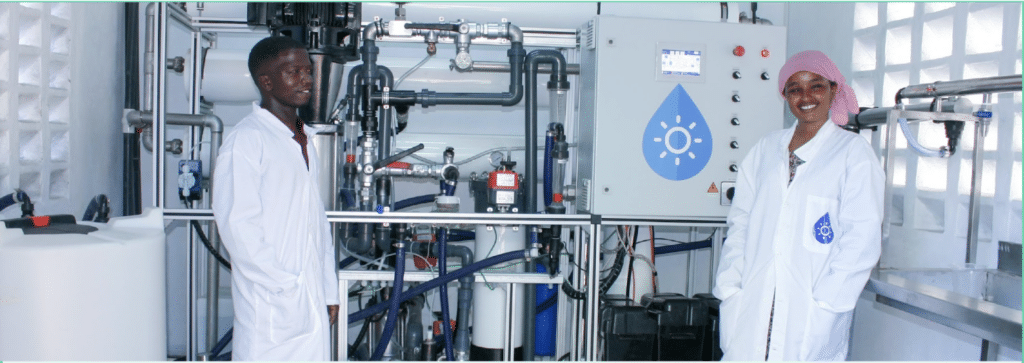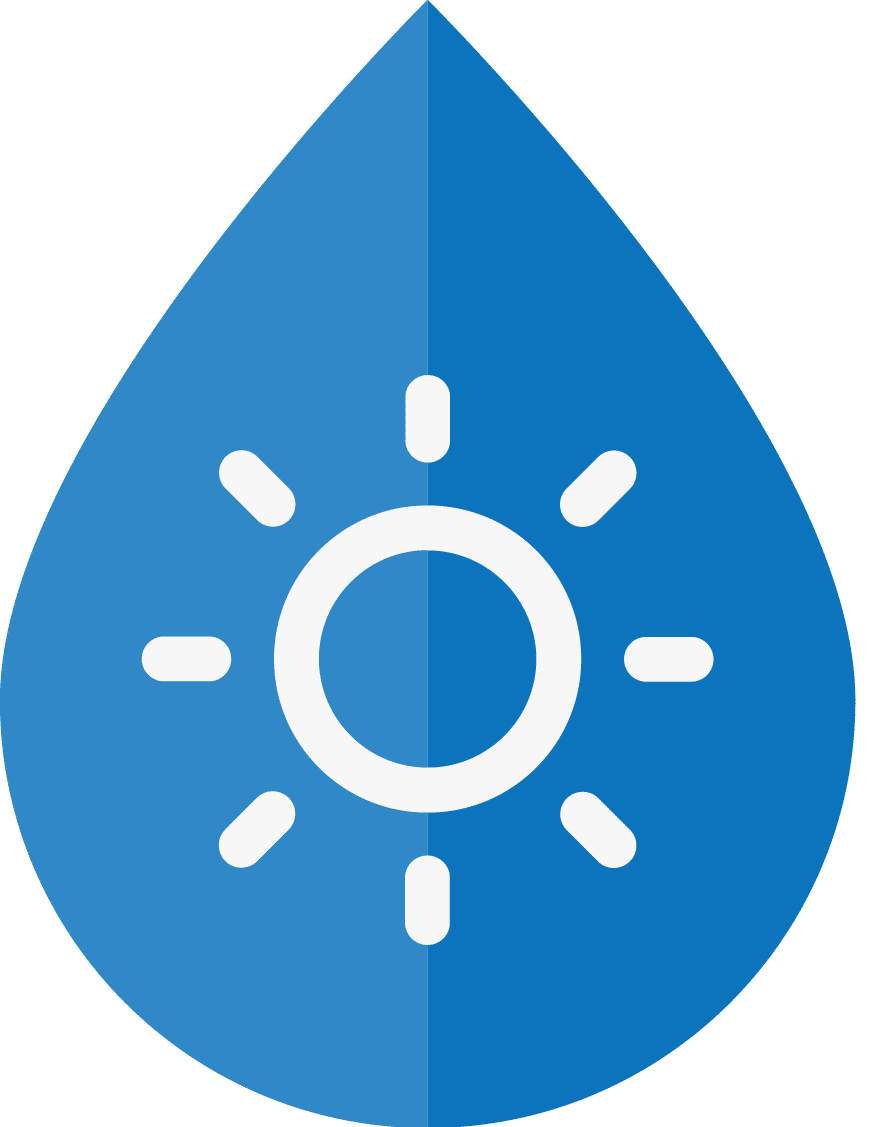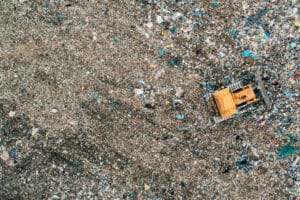COVID 19 and water scarcity in rural hospitals : a crisis within a crisis
Many hospitals in rural areas need a stable supply of clean and hygienic water, especially in water scarce areas. With the COVID-19 pandemic, hospital capacities and their access to clean water have been pushed to the limit.
Solar-powered desalination plants bring clean water to healthcare facilities in Kenya and Tanzania
To help improve the situation in Kenya and Tanzania, Boreal Light GmbH and the German government founded this project to provide 1,000 m³ of clean water per day to 28 hospitals and health clinics. Saline polluted water is treated in decentralized desalination plants, entirely powered by solar energy. Since April 2022, 28 plants ensure reliable, independent access to clean drinking and sanitation water. The plants are installed and operated by WaterKiosk Ltd, which has hired a total of 50 people from the local communities. The solar water desalination solution eliminates the lack of or insufficient electricity as well as costly and carbon emission-intensive power generation with diesel fuel. A solar array was installed at each of the 28 hospital sites to feed a well water pump and a desalination system, 360 kWp in total. The capacities of installed desalination systems range from 1,000 to 10,000 L/h. Each desalination system is equipped with pre-filters, UV disinfection lamps and/or ozonation system, a reverse osmosis module and different pumps.

Solar panels powering hospitals and communities in East Africa
The solar panels with a total installed capacity of 360 kWp enable access to clean water and surplus electricity to 28 hospitals with more than 8,500 beds in total, impacting more than 5,3 million people per year. The project enables to avoid 7,000 tons of CO2 emissions per year and creates 50 new direct jobs. Employees of any gender and age can operate and maintain the plants, fostering women inclusion in the project, having 4 female operators until date. Diesel engines from 12 operational sites are eliminated, as well as water hauling in 16 sites.
IMPACT MEASUREMENT
- GHG emissions reductions
- Access to clean drinking and sanitation water
- Access to affordable and clean energy
- Generation of jobs in local communities
IMPACT VISION 2030
- Reliable, affordable and sustainable water provision for people of all age, gender and origin
- Abandonment and independence of conventional, carbon intensive energy sources
COLLABORATION






